NO GREATER GLORY
 THE FOUR IMMORTAL CHAPLAINS AND THE
THE FOUR IMMORTAL CHAPLAINS AND THE
SINKING OF THE DORCHESTER IN WORLD WAR IIDAN KURZMAN

RANDOM HOUSENEW YORK
To the memory of the Four Immortal Chaplains
and the other men of the Dorchester
who died; to the brave survivors
and their rescuers; and to my
dear wife, Florence, who put
so much of herself into
helping me bring these
heroes to life
ACKNOWLEDGMENTS
I am deeply indebted to my wife, Florence, who contributed her exceptional rewriting talent to this book, finding the right word, the descriptive phrase, the measured nuance in depicting character and atmosphere. She also helped conduct the research and ferret out information from people we interviewed. And she displayed enormous patience in transcribing more than thirty videotapes of interviews given by
Dorchester passengers and relatives of the four chaplains, many of whom are now deceased.I am also grateful to Bob Loomis, one of Americas great editors, who offered me invaluable editorial guidance.My thanks go as well to David Fox, a nephew of Chaplain George Fox and the cofounder, with the late Rosalie Goode Fried, of the Immortal Chaplains Foundation, for his insights and his help in contacting key individuals and making available to me the above-mentioned videotapes of interviews, which he had conducted over the years.And what a joy to meet Theresa Goode Kaplan, the lovely, indomitable widow of Chaplain Alexander Goode, who spoke with my wife and me for many hours and permitted us to examine a whole cabinetful of documents related to her husband and his times, including hundreds of treasured personal letters from him.Thanks also to Laura Linder, registrar of the Schenectady Museum and an official of the Dutch Reformed Church in that city, who provided me with a great deal of material on the life of Chaplain Clark Poling; Monsignor Michael J. Desmond of St. Stephens Church in Kearny, New Jersey, who opened his file on Chaplain John Washington to me; Paul Fried, Chaplain Goodes son-in-law, for making available a number of tapes; Stan Kruger of the New York Public Library; Dennis Ambrose, Random House associate copy chief; and Bonnie Thompson, copyeditor.My gratitude is also due my agent, Elaine Markson, and my literary consultant, Gladys Justin Carr, former vice president of HarperCollins, for their advice, encouragement, and friendship.And Im indebted to Jeanette Kronick, a technical wizard who, on several occasions, saved many of these pages when, to my horror, whole chapters suddenly disappeared from my computer screen (making me pine for my old Olivetti portable). She also helped with the research.Others whose assistance I greatly appreciate include:Richard Boylan, archivist, National Records and Archives, College Park, MarylandRobert Browning, chief historian, U.S. Coast Guard, Washington, D.C.Rita Chesney, secretary, St. Stephens Church, Kearney, N.J.Peggy DeMaio, secretary, St. Stephens Church, Kearney, N.J.Mike Gay, photographer, Taunton (Mass.)
Daily GazetteKlee Dugan, niece of Clark PolingMary Haynes, archivist, U.S. Army Center of Military History, Washington, D.C.Reverend Christopher Keenan, pastor, New York Fire DepartmentClaire Knopf, researcherFred Knopf, contributor of ideasJudy McCloskey, official, Catholic War VeteransPatrick R. Osborn, archivist, National Archives and Records AdministrationDawn Patterson, archivist, United Methodist Church, General Commission on Archives and HistoryDaniel Poling Jr., brother of Clark PolingVernon R. Smith, archivist, National Records and ArchivesJonathan Stayer, archivist, Pennsylvania State ArchivesJohn Taylor, archivist, National Records and ArchivesAnke Voss-Hubbard, archivist, Special Collections Library, Illinois Wesleyan UniversityBarry Zerby, archivist, National Records and ArchivesI wish to express my gratitude to the following people for agreeing to be interviewed:Norma Bernstein, member of Alexander Goodes templeDaniel Blank, husband of Elaine Sevel BlankElaine Sevel Blank, student of Alexander GoodeMildred M. Boeckholt, widow of Walter Boeckholt,
Dorchester survivorJoanne Schwoebel Brunetti, niece of John WashingtonGerhard Buske, first officer,
U-223Robin Chaffee, family friend of Clark PolingEdward Chicowski, student of John WashingtonTheresa Jordan Corcoran, friend of John WashingtonFranklin E. Dailey Jr., naval expertJames Eardley,
Dorchester survivorBenjamin Epstein,
Dorchester survivorMiriam Epstein, wife of Benjamin EpsteinPeter Ten Eyck, parishioner, Clark Polings churchBetty Forner, student of Alexander GoodeHerschel Forner, friend of Alexander GoodeDavid P. Fox, nephew of George FoxEdna M. Fox, daughter-in-law of George FoxSiglinda Fox, sister-in-law of George FoxWyatt Fox Jr., grandson of George FoxAlexander D. Fried, grandson of Alexander GoodePaul Fried, son-in-law of Alexander GoodeJoseph Henry L. Geoguen,
Dorchester survivorFrederick S. Gillespie Sr., army personnel officerErwin Goldenberg, rabbi in Alexander Goodes templeGaylord T. Gunhus, chief of chaplainsBetty Hirschfield, member of Alexander Goodes templeBryna Jaman, niece of Alexander GoodeTheresa Goode Kaplan, widow of Alexander GoodeMarge Kolosek, niece of John WashingtonWilliam Kramer,
Dorchester survivorDavid J. Labadie,
Dorchester survivorIrma Long, student of Clark PolingElliot Miller, member of Alexander Goodes templeMichael J. Nowins,
Dorchester survivorDaniel OKeeffe,
Dorchester survivorRaymond F. OMalley, one of two
Escanaba survivorsJohn Pearse, member of
Tampa crewEdward Pinsky, nephew of Alexander GoodeClark Poling Jr., son of Clark PolingVictor Prevostir, secretary, United Staten Island Veterans OrganizationKatherine Scranton Rozendaal, friend of Clark PolingLouis Saporito, priest, student of John WashingtonPaul Shalvoy, friend of John WashingtonJohn S. Stamford, editor,
Greenland Patrol: 194045Edwin Sullivan, monsignor, colleague of John WashingtonEarl B. Summers, brother of Roy SummersRoy Nicholas Summers,
Dorchester survivorRichard N. Swanson, member of
Comanche crewMichael Warish,
Dorchester survivorGrace Fox Wiest, sister of George Fox
Map
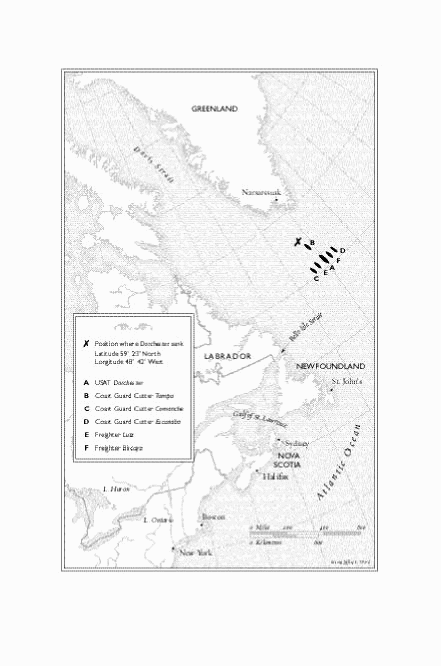
PREFACE
As a reporter and author, I have encountered many extraordinarily heroic people while conducting research for my articles and books. But I have never come upon an act more glorious or more selfless than that of four chaplains of different faiths who, during World War II, became an immortal symbol of brotherhood. As their torpedoed troopship, the USAT
Dorchester, plunged into the depths of the North Atlantic, these men a priest, a rabbi, and two ministers of diverse denominations gave up their life jackets to passengers who didnt have one, then, arm in arm, joined in prayer as they sank together into eternity.Complementing the personal drama of these chaplains is the largely untold story of the relatively few men who, with incredible will and fortitude, managed to survive one of the worst sea disasters of the war; men who drifted for hours piled up like living corpses in leaky lifeboats and on battered rafts that lurched precariously from wave to wave in the glaciated sea near Greenland. They were the lucky ones. More than two-thirds of the nine hundred men aboard the

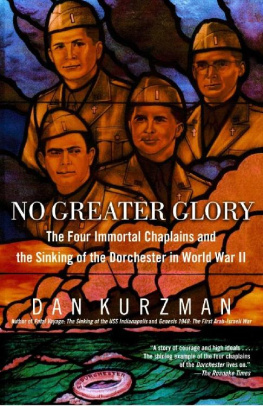
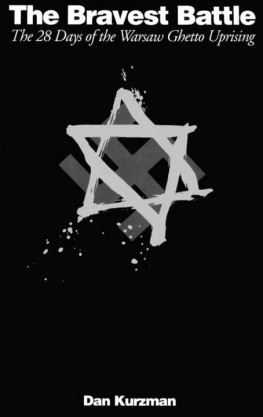

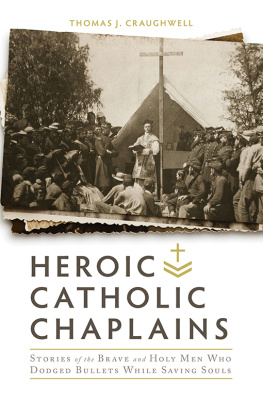
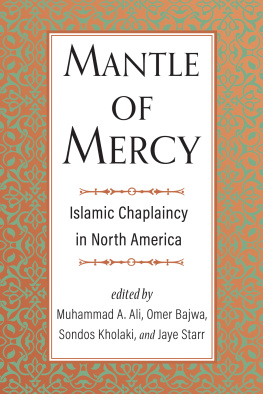
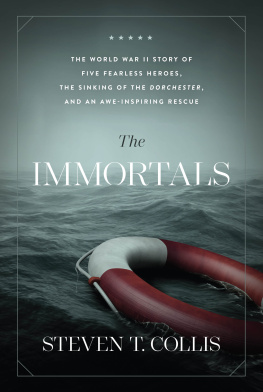
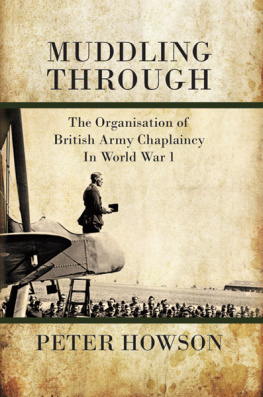
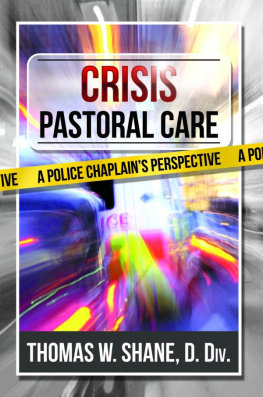
 THE FOUR IMMORTAL CHAPLAINS AND THE
THE FOUR IMMORTAL CHAPLAINS AND THE RANDOM HOUSENEW YORK
RANDOM HOUSENEW YORK 